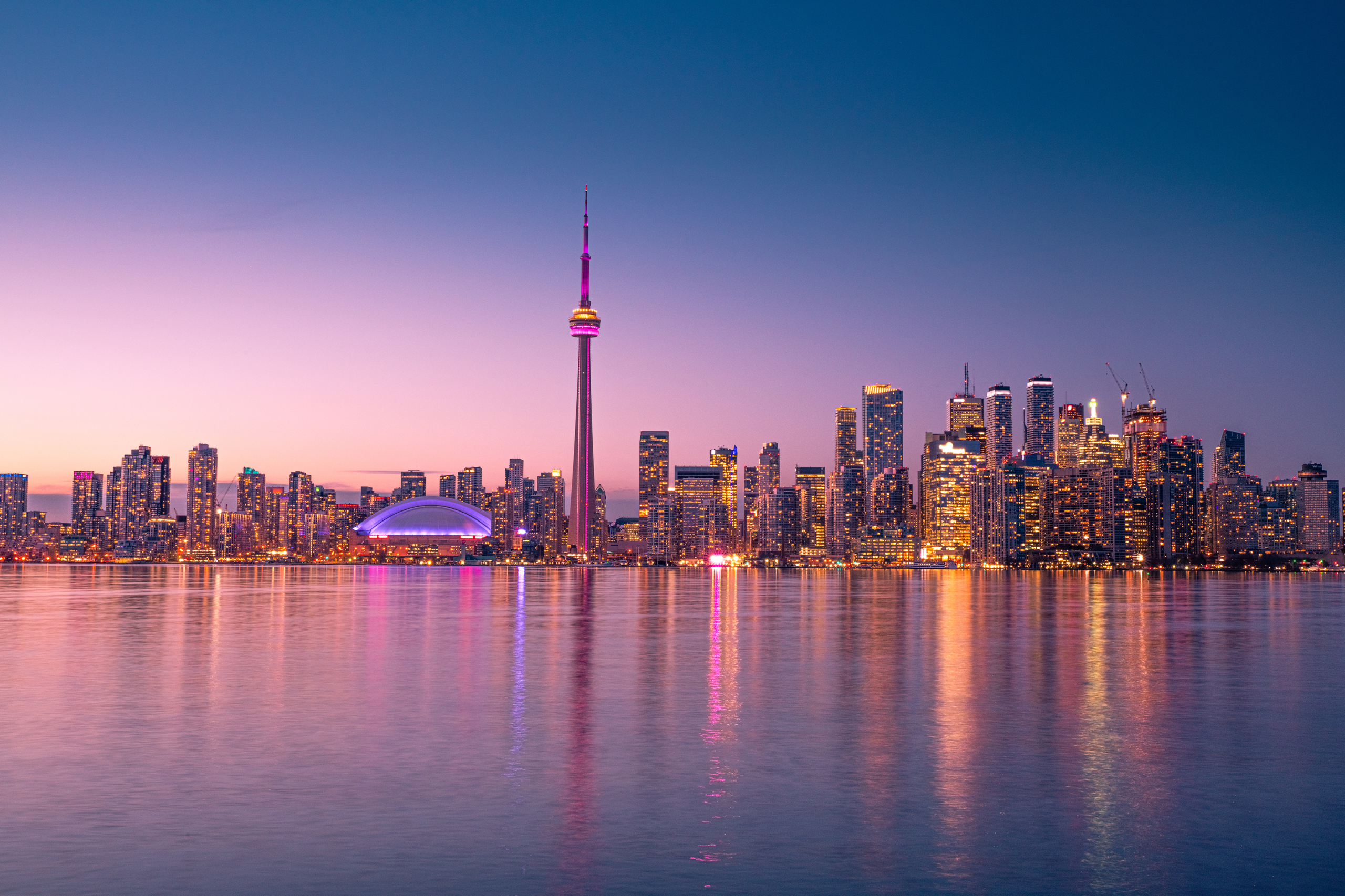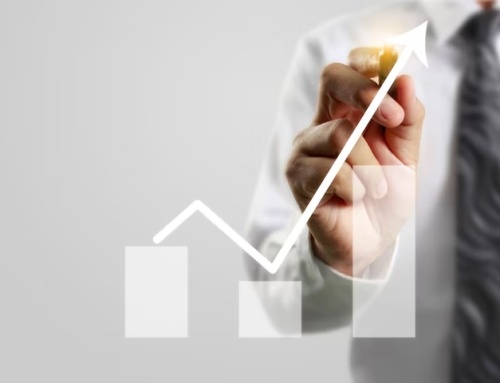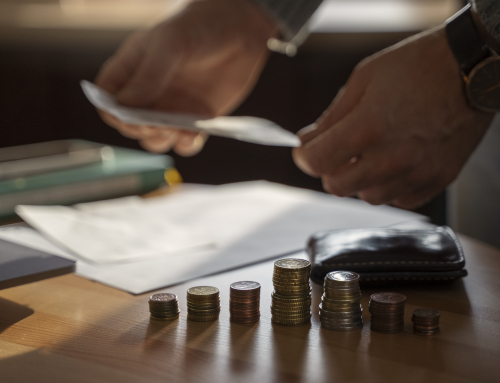July Issue: Investors’ Cues and Insights on What Influences the World Now

Read in the July Issue: Investors’ Cues and Insights on What Influences the World Now: Rising rental demand and growth in Australia’s real estate market, the UK starts a transition to renewable energy, Africa struggles with raising inflation rates and much more.
What is happening in the US?
According to Anthony Jarrin, President & CEO at The Cannaregio Group, the US economy is currently showing signs of stability and optimism, with the banking system demonstrating resilience and the markets experiencing positive momentum. Concerns of overheating persist, but fears of a recession are diminishing as confidence shifts towards the “buy” side. Improving consumer sentiment further supports the positive outlook, indicating a potential increase in economic activity. Experts believe the US market is well-positioned to finish the year strongly, pointing towards continued growth and prosperity. Kiki Mwiti, Founder at DYVVYD, added that Silicon Valley is currently witnessing a strong emphasis on artificial intelligence (AI), specifically generative AI, which has captivated the interest of investors. As a result, investors are adopting a more measured approach, prioritizing diligent evaluations and long-term planning for the teams and technologies they support.
What is happening in Canada?
As mentioned by Agostino Mosca, MP at Northmount Partners, in Canada, the current state of affairs is a mix of different factors. One significant concern is the impact of interest rates, particularly for a specific segment of the market. Out west, where traditional energy plays a dominant role, the energy prices have been favorable, benefiting the region. However, there is a growing affordability issue and a real estate crunch across the country. Recently surpassing a population of 40 million, Canada has seen a significant influx of immigrants, which has put pressure on finding suitable housing for them. Additionally, the real estate market, both in terms of resale and rental properties, has experienced tight conditions and soaring prices. Another notable topic in Canada is the push for energy diversification, echoing global trends. This is an ongoing hot topic within the country.
What is happening in the UK?
It was pointed out by Neil Hoad, Director at Equisolve Consulting Limited, that the current economic environment in the UK is characterized by a less positive outlook compared to other regions. The impact of interest rates and inflation have put businesses under pressure, resulting in an increase in business failures and other related challenges. Affordability remains a concern as people face tight cash flows. The housing market is experiencing a downturn, with prices declining and a shift in the supply and demand dynamic. Overall, the economic picture is not optimistic, although there are still opportunities for profit. Energy transition is a critical topic, with a growing number of individuals and SME businesses transitioning from fossil fuels to renewables to reduce costs. Sustainable investing is gaining traction, alongside tactical investments arising from business failures. Despite some potential opportunities, the prevailing sentiment is more negative than positive in the UK.
What is happening in Australia?
Craig Astill, CEO of The Caason Group, noted how the current economic landscape in Australia reflects unique dynamics influenced by factors such as seasonality, housing market trends, migration patterns, and consumer spending habits. While domestic housing prices are relatively stable without significant upward pressure, there is a notable increase in rental demand, coupled with an influx of migrants. Contrary to global trends, Australia is experiencing certain economic phenomena that differ to some extent. For instance, Melbourne has transitioned from being the most livable city to facing prolonged lockdowns and increasing tax burdens, prompting residents to question their stay in the region. In terms of inflation, consumer spending, including the recent surge in concert ticket sales, is seen as a driving force. The agricultural sector is also under scrutiny, with producers facing pressure on prices while the retail consumer end remains relatively unchanged. This pattern of pressure cascading down to the lowest point in the supply chain is a familiar global trend. The producers’ response to these pressures will likely play a significant role in driving future economic changes.
What is happening in Costa Rica?
Youssef Jbara, Vice President at Sajuma Group, noted how Costa Rica has long been renowned as a prosperous tourist destination. However, the country has faced significant challenges in recent years, which severely impacted the tourism sector and imposed travel restrictions. Despite these obstacles, he pointed out that the Costa Rican government has implemented various measures to address the situation. These include fiscal cost regulations, efforts to attract foreign investment, and a focus on sustainable development and economic diversification. Notably, he added how Costa Rica is known for promoting innovation and technology sectors, particularly in clean energy and waste-to-electricity plants. The country boasts a strong education system and adds high value to its main industries.
What is happening in Africa?
Jon Bennion Pedley, COO at Investment Owl, mentioned how across Africa, the economic landscape is characterized by ongoing challenges, including persistent inflation and governance issues. These factors have proven to be more stubborn than initially anticipated, hindering progress. Jon also stated that amidst these difficulties, there are abundant opportunities, albeit with certain qualifying factors. It is expected that the continent will require the remainder of the year to address the existing problems and pave the way for improvement. The outlook for 2024 appears more promising, with prospects for better economic performance.
What is happening in Brazil?
As stated by Frederico Mesquita, MP at Lotus Investment Strategies, Brazil has witnessed significant developments in recent months, including a change in leadership with a new president. This shift has had a substantial impact on the country’s international relations and global perception. The overall economic performance in Brazil during the first semester has been encouraging, especially when considering the global fear of recession in major economies such as the United States and Europe. Inflation appears to be under control, with achievable targets set for the future. The economy has shown signs of growth, accompanied by increased investments from both domestic and foreign sources. Notably, Brazil’s startup ecosystem has experienced a revitalization, particularly in the financial sector, which has brought positive outcomes.
What is happening in Japan?
Trista Bridges, Principal and Cofounder at Read the Air, discussed how Japan is currently undergoing efforts to position itself as a more international destination. Despite concerns over Japan’s weakened economy, the country is experiencing an influx of money across various sectors, including tourism and real estate. She added that while Japan faces ongoing challenges such as demographic declines and bureaucratic inefficiencies, there are positive signs indicating progress.
What is happening in Switzerland?
Deniz N. Erkus, Board Member at SIIA-Swiss Impact Investment Association, stated how Switzerland, like many countries around the world, is grappling with inflationary pressures. The country’s already high prices pose a challenge, but there are expectations for increased exports in 2023 and 2024. Notably, the banking system is under scrutiny, particularly in light of the Credit Suisse and UBS deal, which has created an interesting environment in the financial sector. Lastly, she noted how recently, there has been a significant development as the population has accepted climate change as an action point, leading to a greater focus on addressing it within the country.
All of this insightful news that shed light on the current situation of many countries was all shared by renowned investment leaders during the 133rd GILC Summit. You can register for the next Global Investment Leaders Club Summit at: https://investmentleaders.club/registration-form/





